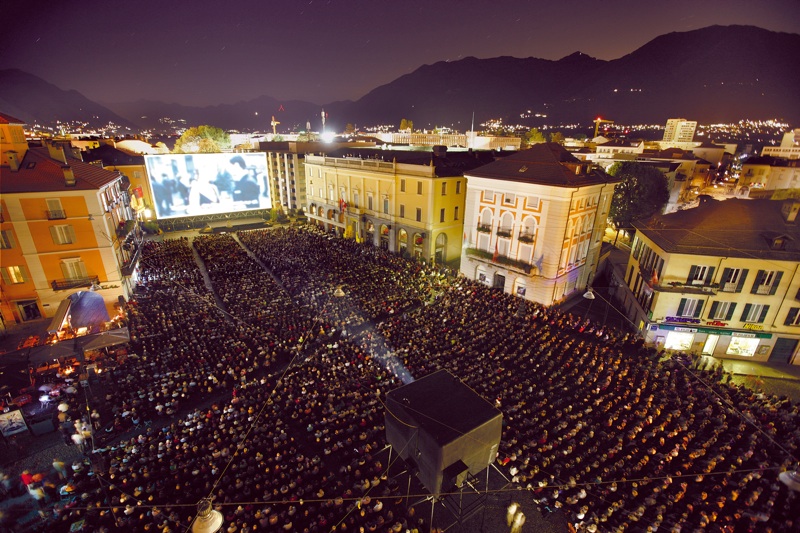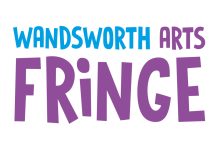Film festivals are vital for any filmmaker and getting your film seen and acknowledged by distributors is more difficult than originally thought.
Film festivals and markets play a useful role in the strategic planning of finding distribution for independent films. For aspiring filmmakers, a festival is a place where their product has a chance of being spotted, but how do they get there?
Sarah Barrow, Head of the Lincoln School of Film and Media, said: “I would advise aspiring filmmakers to do their research on the wide range of festivals, to visit a few if they can and get to know some of the organisers, to read the criteria carefully and stick to them (if the entries have to be under 10 minutes don’t send anything longer).
“Be ambitious but realistic but maybe start with a reasonably local event that seems to be of good quality and go for that first. And if your work gets selected, do your very best to attend.
“Festivals are all about networking and learning from others.”
A festival is an established venue usually organized around screenings and prizes, dedicated to introducing movies of a certain style to a paying audience, attended by distribution executives seeking product and by opinion-makers and journalists seeking stories.
Festivals date back to the 1930s and 1940s when powerhouse festivals including Berlin, Cannes and Venice were launched to promote new films and talent to international filmmakers, audiences, and journalists.
Internationally there are more than one thousand festivals being held in Edinburgh, Tokyo and New York and many other locations.
Most festivals have their own specific genre of film that they show for example the Clermont-Ferrand International Short Film Festival focuses on short films and therefore research is vital.
The key challenge for filmmakers is to navigate among choices and match the right venue to their film project.
Putting your film on at a festival is a risky endeavour as taking it to festivals around the world will often take about two years and therefore it takes you away from developing future projects.
A good budget plan is a vital necessity for any aspiring filmmaker and some have fallen into the trap of running out of money before the end of production without taking into consideration festival submissions and expenditures.
Steve Montal, who has served on juries and selection committees of more than forty film festivals, advises filmmakers to create a budget line for ‘festivals’ with categories including publicist, travel and promotional material.
One could suggest that the success of a film is due to the appropriateness of the festival. You need to spend time researching the festivals and narrowing down the list by visiting each of the websites and finding the right ones.
Each year, the major festivals (Sundance, Cannes, Berlin etc) are overwhelmed with entries and aspiring filmmakers need to be careful when submitting the application.
The easiest way to be disqualified from a festival is to fill out the submission materials incorrectly and in more cases then hoped, filmmakers send films that are not eligible, therefore researching the festivals is one of the most essential and important aspects.
Ray Barry, who runs the AFI National Film Theater at the John F. Kennedy Center for the Performing Arts in Washington, D.C., said: “Success at festivals involved being able to develop a plan for positioning your film every step of the way.
“You need to find the right festivals to submit your film to, budget accordingly and promote your film every chance you get.
“Even though Slamdance is one of my favorite festivals, I would not recommend a Hollywood romantic comedy to be submitted there. While this is an extreme example, it proves that filmmakers need to research the right venues for their film.”
Some people will be wondering what the purpose of a film festival is and why it is important for filmmakers to have their projects shown.
At festivals there is a whole range of distributors whose executives scour them for complete movies to acquire.
According to Montal, there are two types of executives; the divisions of large studios (Disney/Time Warner) and the stand-alone independent studios (Lionsgate/Newmarket).
Both large and independent studios use festivals in order to acquire new products and to announce deals to the press and the rest of the industry.
Not only are there film festivals that honour and celebrate the creation of film and TV, but recently a new development called Web Series Festivals have entered the world.
The winner of two awards at the Melbourne Web Series Festival and one at the LA festival, Mission Backup Earth is an online, independent sci-fi TV series.
Creator Alexander Pfander said: “For any aspiring film and TV directors, I would advise that you have a specific topic that you enjoy and for me it was sci-fi, so I went ahead and created the online series.
“With a limited budget, we decided to use YouTube to allow viewers to watch the show and from that, and the hits we received, we won the prizes at the Web Series Festivals.
“I would say that nowadays with social media and the internet, it is easier these days for people to get noticed than it has ever been.”
Festivals can be the best and most stressful times in a filmmaker’s career and is filled with friends but also with tough critics and tight deadlines and decisions but for success research is essential.
Actor/producer of Purpose Pictures, Jennica Schwartzman, said: “I tell young/school age filmmakers to attend festivals BEFORE entering works and to take their time at each stage making their best work.
“They also need to market their work to the other filmmakers attending and festival sponsors by using Facebook/Twitter for personal invites.
“After the festival is over, they need to stay in touch with the festival runners for next time and over time build personal relationships with them.”
Success at festivals is about strategy but the best advice, according to Montal, is try to have some fun while you’re at it.































